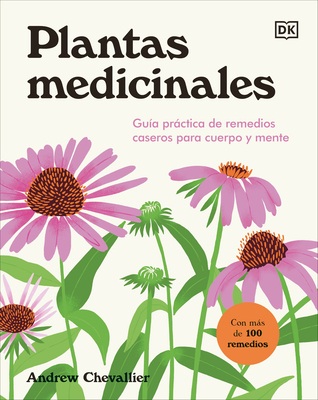
Families and Children Living in Poverty explores the factors that contribute to the existence of poverty, as well as the social, developmental, and environmental ramifications of poverty. Through scholarly studies, case studies, historical events, and contemporary happenings, readers examine the connections between poverty and family-related challenges, including adverse childhood experiences, lack of a living wage, health disparities, social exclusion, and homelessness.
Part I of the text explores poverty and social class inequality. The chapters discuss how poverty is measured in the United States, the role of capitalism in poverty, global health challenges, and the economic effects of conflict. In Part II, students learn about health disparities caused by chronic stress, food insecurity, lack of dental health, exposure to pollutants, and human trafficking, as well as the wide-spread implications of adverse childhood experiences. Part III focuses on housing instability, homelessness, and social exclusion. The final part illuminates various programs and resources available for impoverished families and children, and demonstrates how individuals, researchers, and institutions can create lasting positive change within affected communities.
Presenting valuable research and various theoretical frameworks through which to examine poverty, Families and Children Living in Poverty is an ideal text for courses in human development, family studies, and other social sciences. It is also an exemplary resource for helping professionals who support the care and well-being of children and families.
Monica Miller-Smith, Ed.D. has been a professor for 12 years and has taught courses in human development and family studies at the University of Connecticut, University of Bridgeport, and Central Michigan University. She has expertise in service-learning and distance education, and has presented at national and international conferences on topics such as economic inequality, experiential learning, and distance learning.







